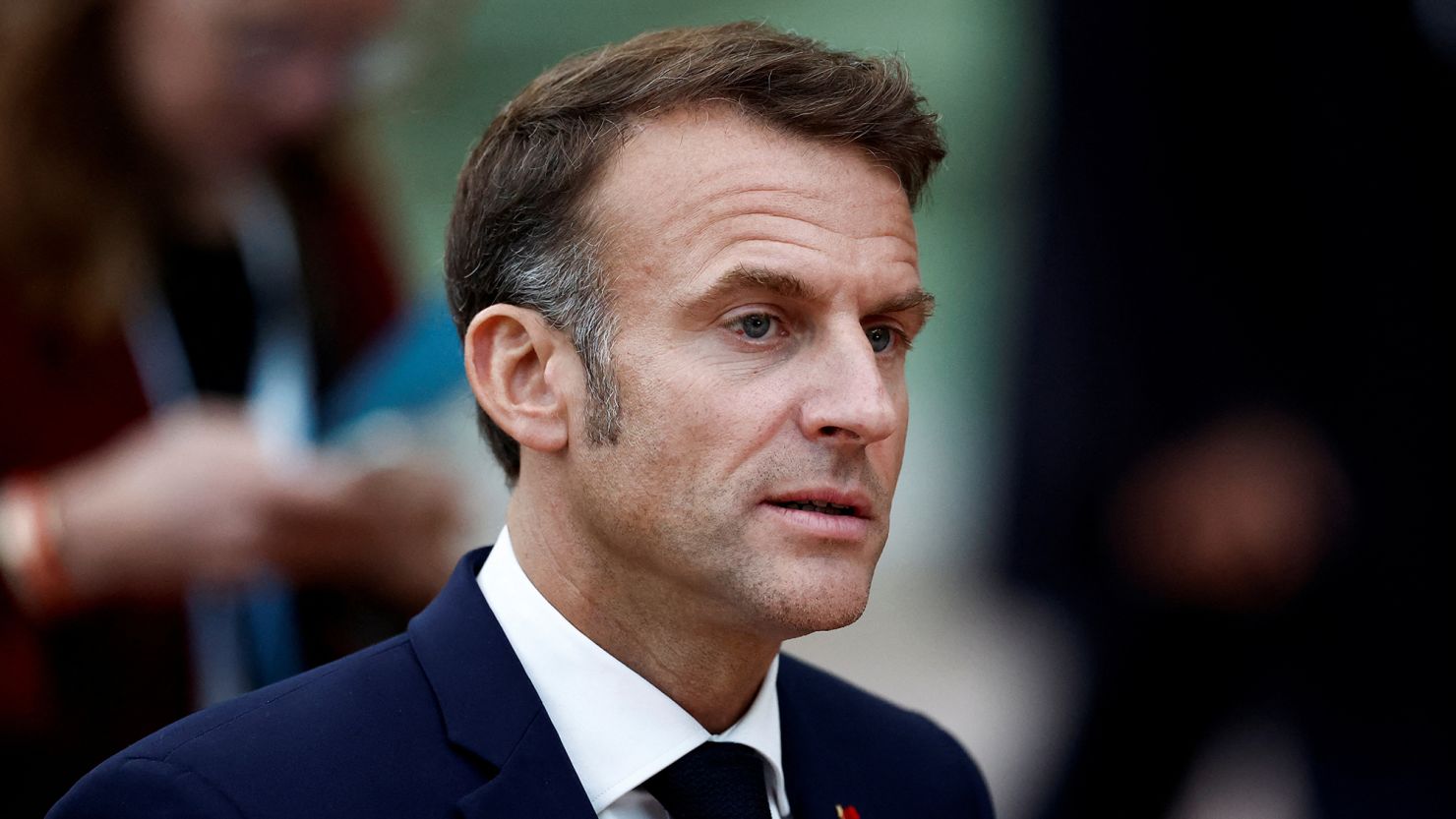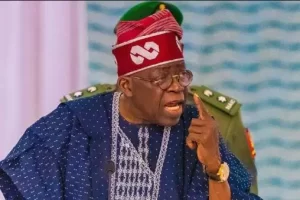French President Emmanuel Macron has pledged to appoint a new Prime Minister within days following the recent political turmoil that led to the resignation of Prime Minister Michel Barnier. This announcement comes after a historic no-confidence vote in the National Assembly, which resulted in Barnier’s government being ousted after just three months in office, marking the shortest tenure of any French Prime Minister in modern history.
Macron emphasized his intention to remain in office until the end of his term in 2027, despite increasing pressure from opposition parties calling for his resignation.
In his address, Macron criticized both the far-right and far-left factions for uniting against Barnier, describing their actions as an “anti-Republican front” that has contributed to the current political chaos.
The President acknowledged the need for a stable government to pass essential legislation, including a budget law due by mid-December. He stated that the new Prime Minister would be tasked with forming a government that represents a broad spectrum of political interests.
Macron’s government faces significant challenges, including rising public debt and economic instability. Analysts warn that the political deadlock could exacerbate these issues, potentially leading to higher interest rates and further financial strain.
Macron’s administration is under pressure to act quickly in naming a successor to Barnier, with calls for a leader who can effectively navigate the divided parliament and work towards passing the upcoming budget.
This political crisis highlights the complexities of governance in France’s current parliamentary landscape, where no single party holds a majority, complicating efforts to implement effective policies.












